October 2015 Review
TransConflict is pleased to present a selection of articles published during October, plus updates from the Global Coalition for Conflict Transformation.
| Suggested Reading | Conflict Background | GCCT |
1) America’s default setting
Gerard M. Gallucci – When the US doesn’t know what else to do but politics seems to require some form of action, the US defaults to its military and intelligence capabilities. This is really not a substitute for actual policy and without fitting into a comprehensive, sustained strategic framework usually makes things worse. Read on…
2) Putin takes a gamble
David B. Kanin – The free-for-all in Syria has become a proxy war between Russia and the United States, even though Washington refuses to fight it. The problem for Moscow is that this conflict also remains everything else it has been since breaking out in 2011. Read on…
3) The absence of real commitment to peace
Dr. Alon Ben-Meir – Peace is becoming ever more elusive as both sides continue to hold onto what appear to be irreconcilable positions when in fact Israeli-Palestinian coexistence is here to stay. Regardless of how much longer the conflict persists, they are stuck together and must choose between peace or perpetual self-consuming violent hostilities, which are escalating at the time of this writing. Read on…
4) Not a perfect deal, but still worth approving
Kirthi Jayakumar – Resolution 1325 was the first time that the UN Security Council had looked at the experiences of women in war and post-war situations, and their critical role in the process of reconstructing societies after war. As its 15th Anniversary approaches, however, there remain a number of loopholes within the Resolution that require immediate review. Read on…
5) Palmyra – ISIS-wanton destruction
Rene Wadlow – Syria and Iraq are home to some of the world’s first cities, a complex and unique meeting of states, empires, and faiths. Leadership must come from non-governmental organizations and the cultural sector to work unitedly and creatively to prevent the wanton destruction of humanity’s cultural heritage. Read on…
6) National versus corporate interests and the EU-Russia energy dialogue
Tom Hashimoto – Russian gas export giant Gazprom strikes another deal with German EON and French Engie to expand the pipeline project known as ‘Nord Stream’. The project directly connects Russia and Germany, bypassing the entire Eastern Europe including the conflict-torn Ukraine. The first two pipelines are already in operation, and the expansion will double the number. While the Eastern European leaders voiced their protests, Brussels remained rather calm, highlighting the deep dilemma within the EU-Russia energy dialogue. The perceived ‘divide-and-conquer’ tactics by Moscow alone cannot fully illustrate the complexity of this ‘dialogue’, stemming from the clash between national and corporate interests. Read on…
7) A parallel crescent to stop Iran in its tracks
Dr. Alon Ben-Meir – Regardless of the Iran deal, Tehran’s quest to become a nuclear power will not change. Iran is determined to maintain its dominant role over the crescent extending from the Mediterranean to the Gulf (including Iraq, Syria, and Lebanon), which is at the core of its long-standing drive to emerge as the region’s hegemon. Read on…
8) Can community mediation inform conflict resolution approaches in Burundi?
Karoline Caesar – This overview of community mediation in Burundi teaches mediators about the functioning models for local conflict resolution led by Burundians themselves, raises awareness about the importance of cultural and context-related conditions, identifies types of solutions and success criteria and promotes a harmonisation of complementary conflict resolution approaches in order to provide a network of multiple service offers to Burundians in conflict. Read on…
9) Is secession the answer? – the case of Sudan
Phillip Nyasha Fungurai and Tendaishe Tlou – The conflict tree analysis model shows that the root and seed causes of conflict in Sudan were never addressed with the 2011 secession. Secession did not transform the conflict and adjust incompatible ideologies; it actually generated more conflicting interests. Read on…
10) Before it is too late
Dr. Alon Ben-Meir – The mutual acrimonious charges and counter-charges by Israeli and Palestinian leaders do nothing but instigate ever more violence. If Netanyahu and Abbas really want to end the bloodshed, they must appeal to their respective publics, preferably together, and unambiguously state that they are both determined to end the violence. Read on…
The Global Coalition for Conflict Transformation
1) Rebuilding higher education after war
Dr. Savo Heleta – In today’s globalised world, where knowledge is a key driver of growth, socio-economic development and livelihood improvements, countries emerging from violent conflict need immediate, substantial and long-term support for (re)building and reforming their higher education systems and institutions. Read on…
2) Sri Lanka – a perspective from the global south
The Sri Lanka Campaign for Peace and Justice – Sri Lanka has endured cyclical mass atrocities. Many of the peoples of the global south know all too well that the only way to break out of a cycle of violence is through a meaningful process of reconciliation and accountability. Read on…
3) Sri Lanka – political prisoners, something must be done
The Sri Lanka Campaign for Peace and Justice – On Monday, over 200 Tamil prisoners began a nationwide hunger strike. They are pressing for release, and protesting against the draconian Prevention of Terrorism Act (PTA) under which many of them are held. Read on…
4) Peace education and peacebuilding efforts in Afghanistan
TransConflict is pleased to present research into peace education and peacebuilding efforts in Afghanistan, undertaken by the Peace and Human Rights Organization (PHRO) from Afghanistan, a member of the Global Coalition for Conflict Transformation. Read on…
5) Peace education and peacebuilding in Afghanistan – part 2
TransConflict is pleased to present the second part of research into peace education and peacebuilding efforts in Afghanistan, undertaken by the Peace and Human Rights Organization (PHRO) from Afghanistan, a member of the Global Coalition for Conflict Transformation. Read on…

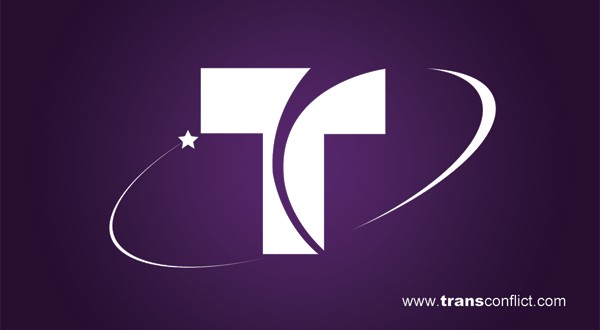



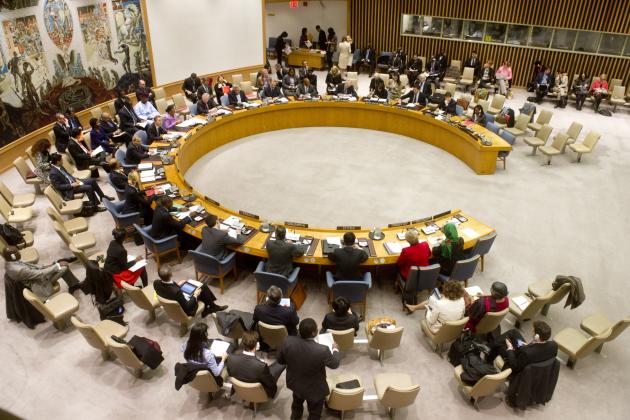
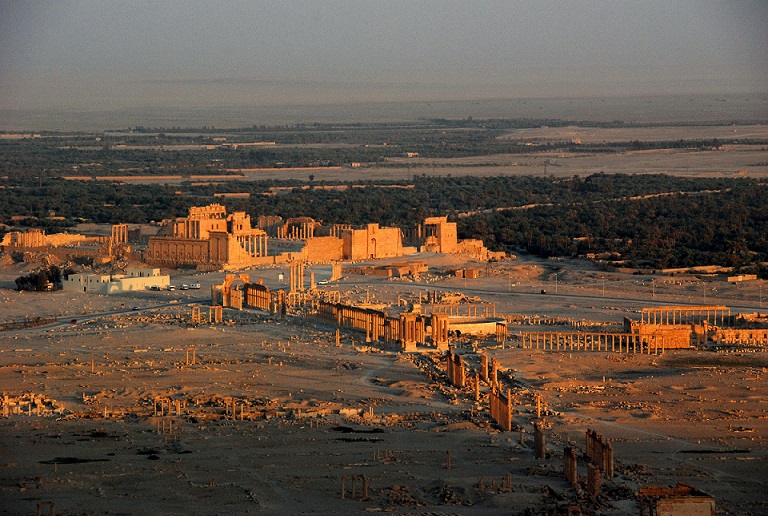
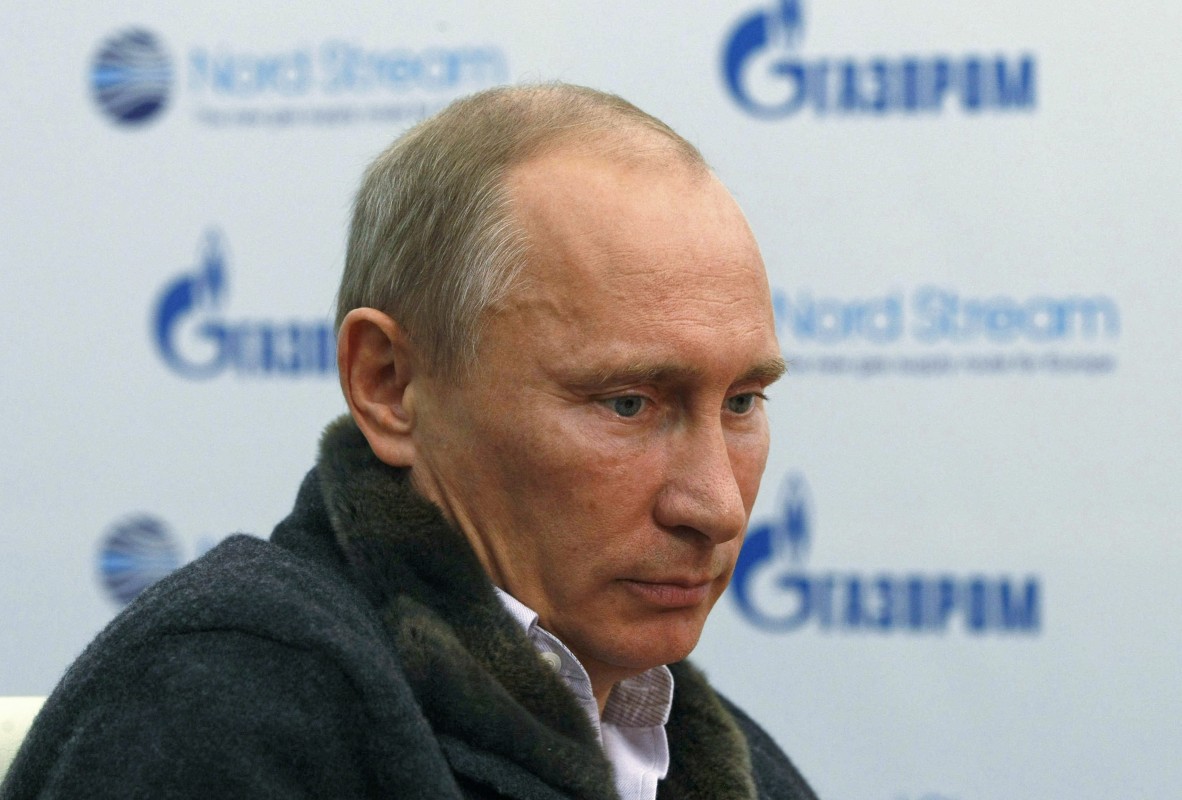

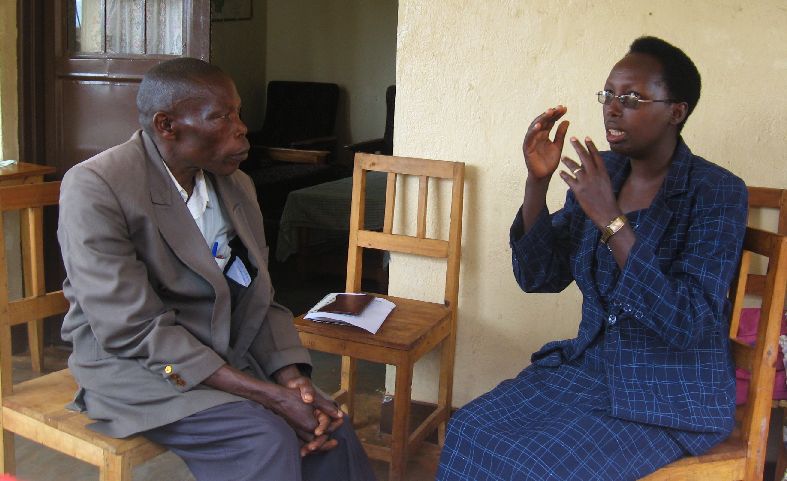
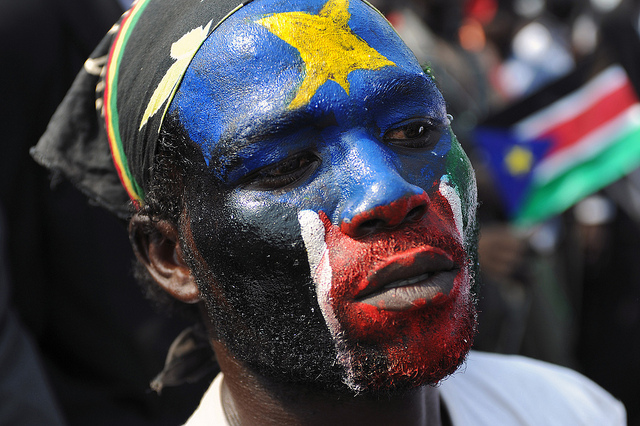
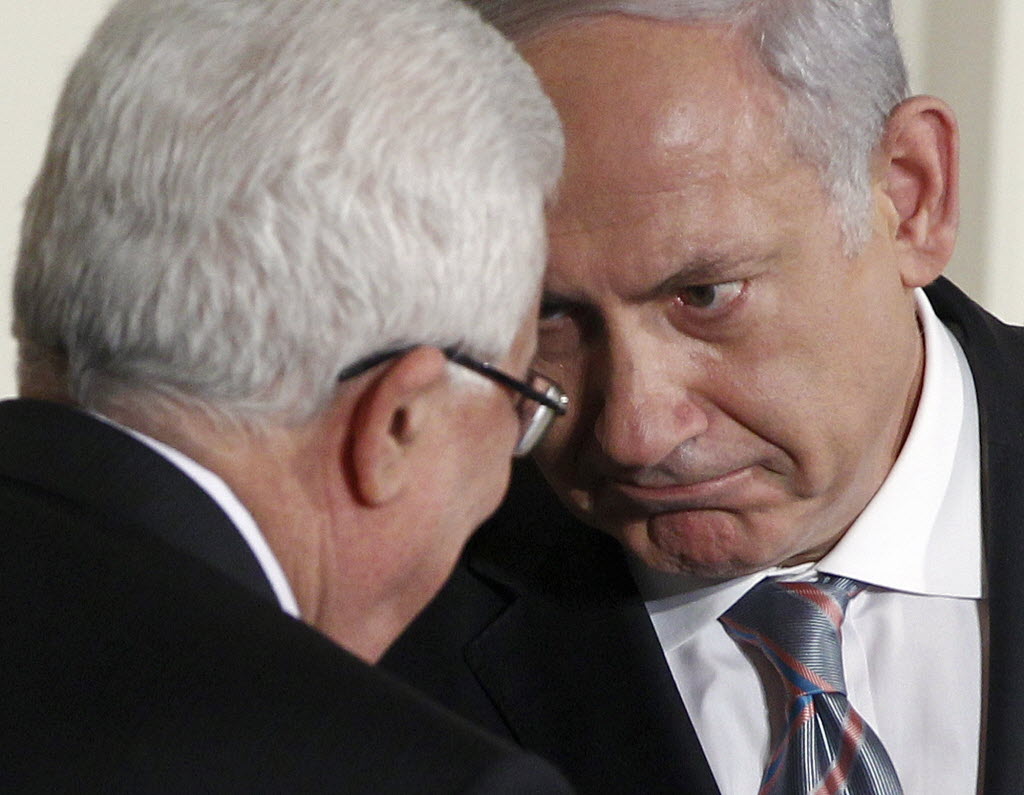

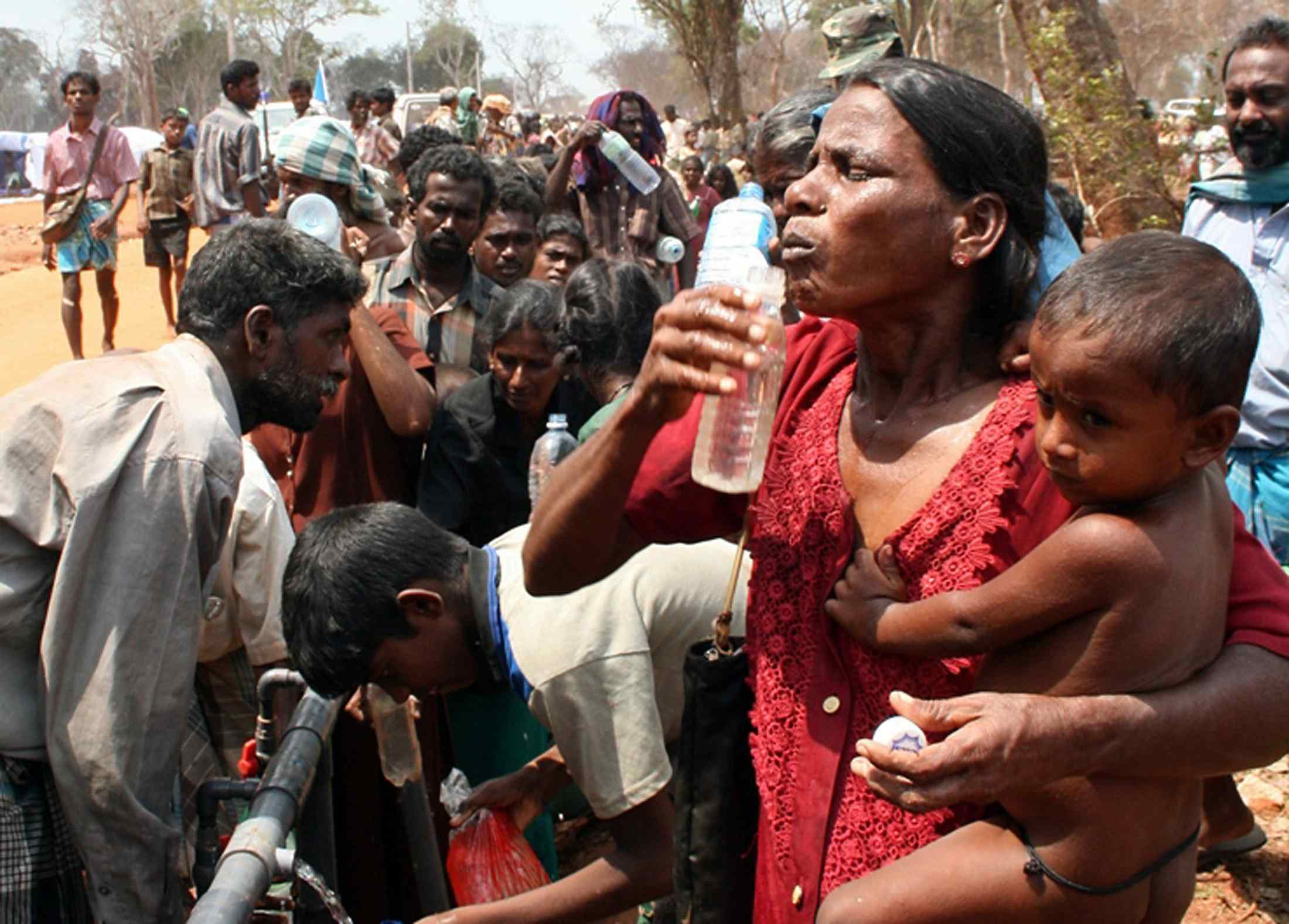


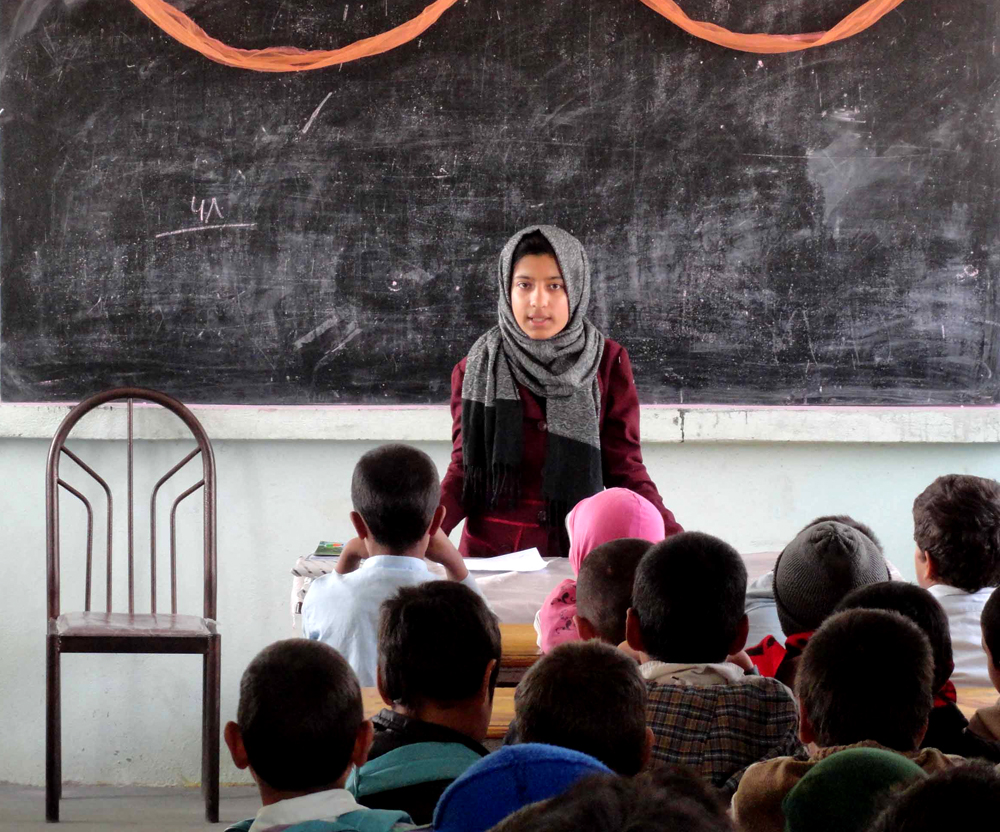


















RT @gcct_tc: October 2015 Review: @TransConflict is pleased to present a selection of articles published… https://t.co/B5c7qYWMWP
RT @gcct_tc: October 2015 Review: @TransConflict is pleased to present a selection of articles published… https://t.co/B5c7qYWMWP
October 2015 Review https://t.co/SQUqVRguSl #Nonprofit
RT @Aktivizmo: October 2015 Review https://t.co/SQUqVRguSl #Nonprofit
RT @Aktivizmo: October 2015 Review https://t.co/SQUqVRguSl #Nonprofit